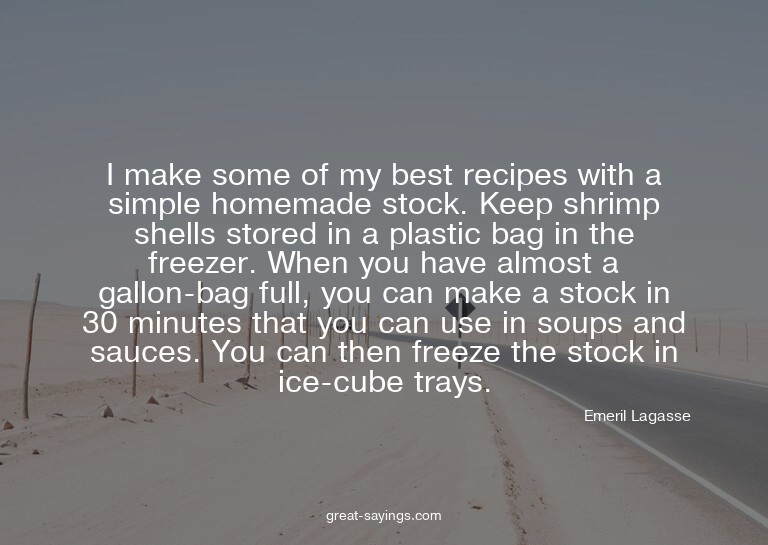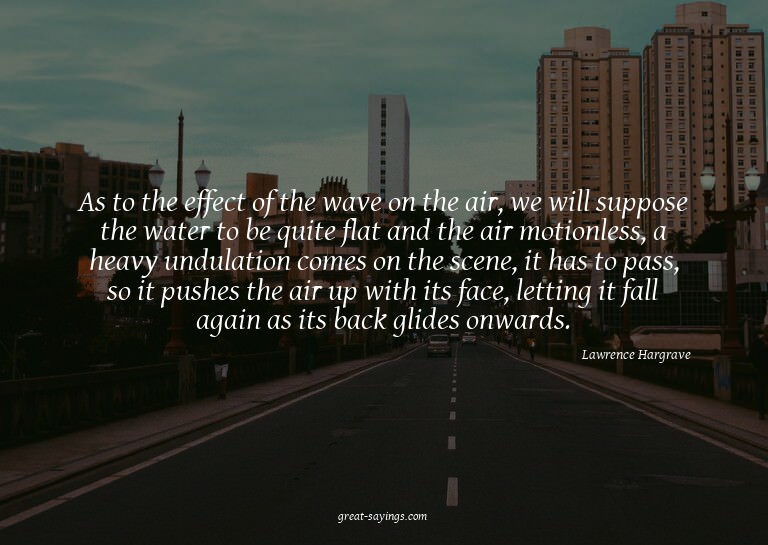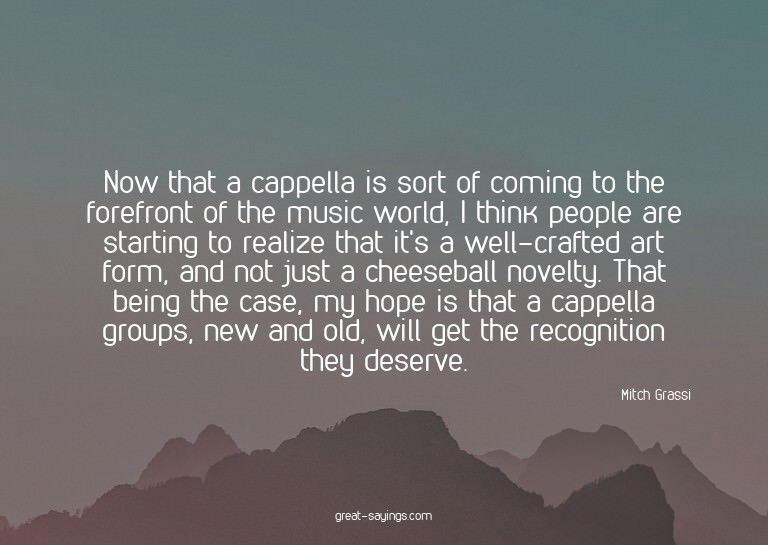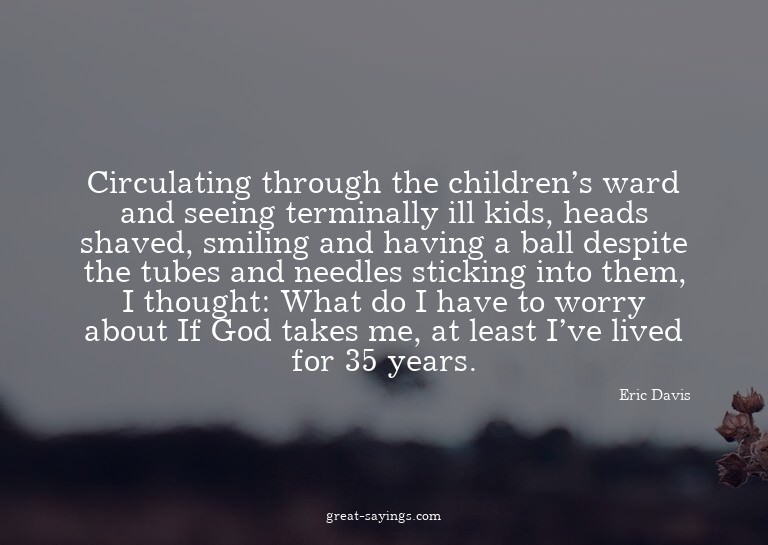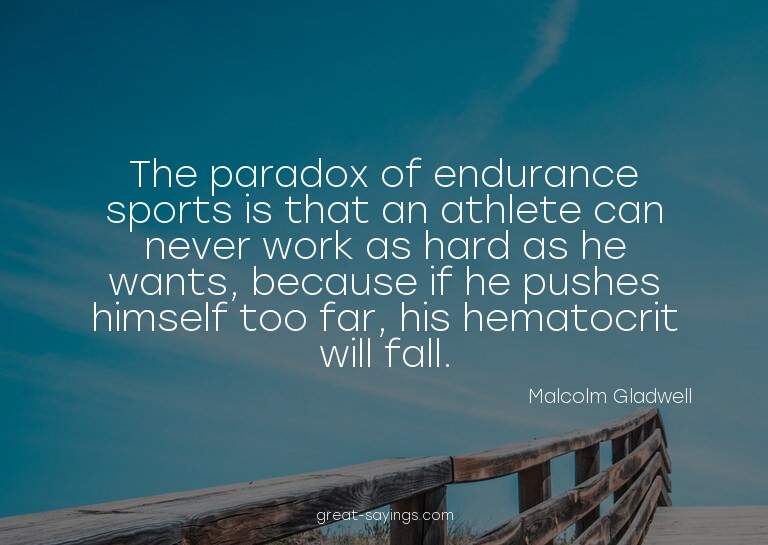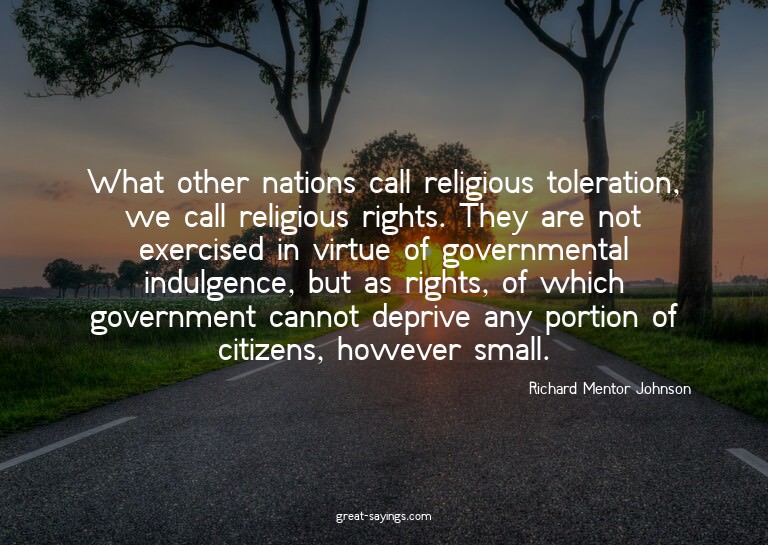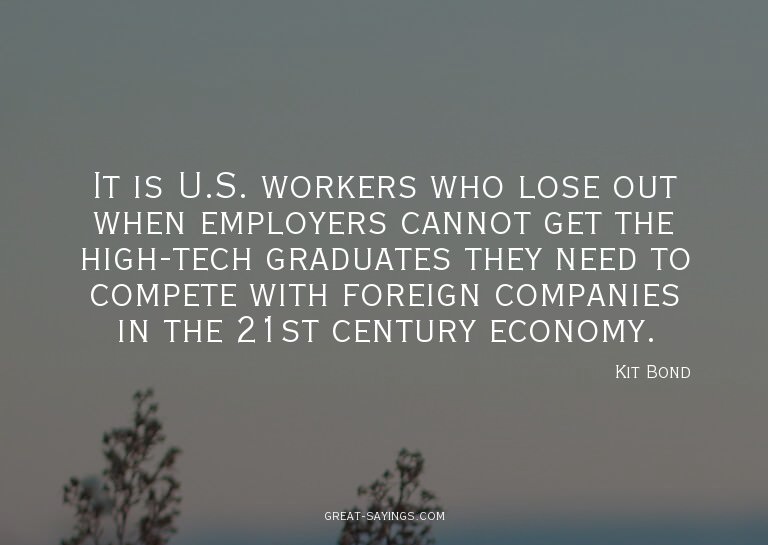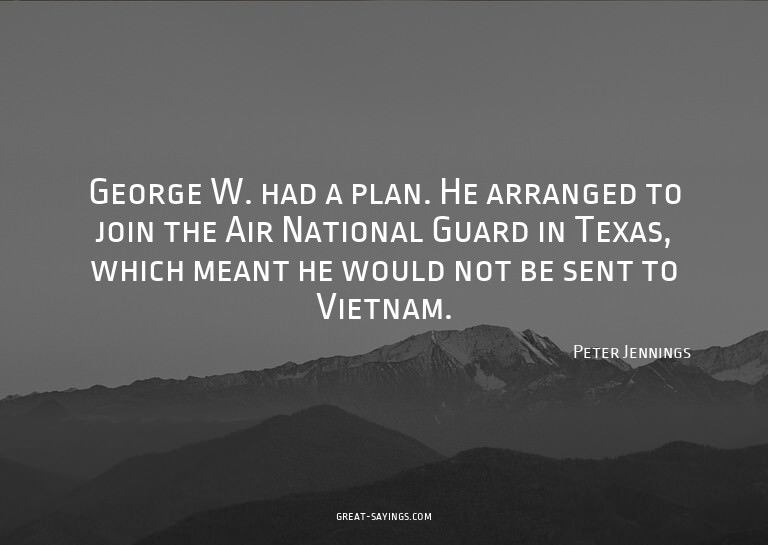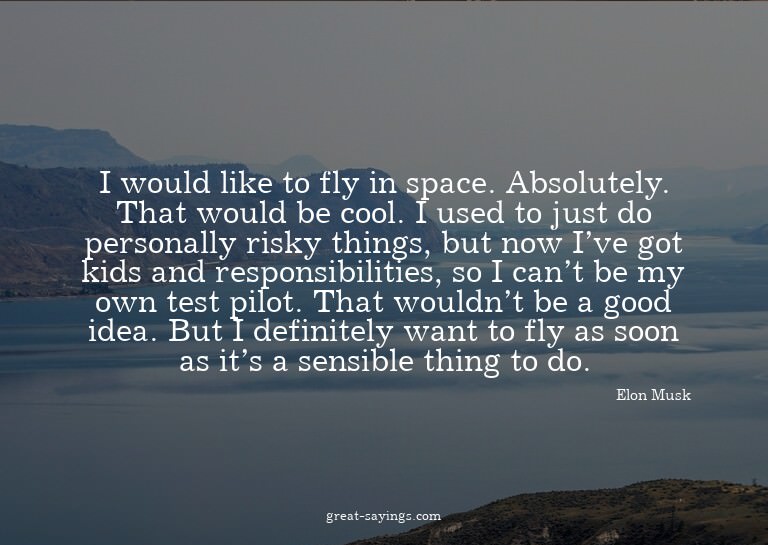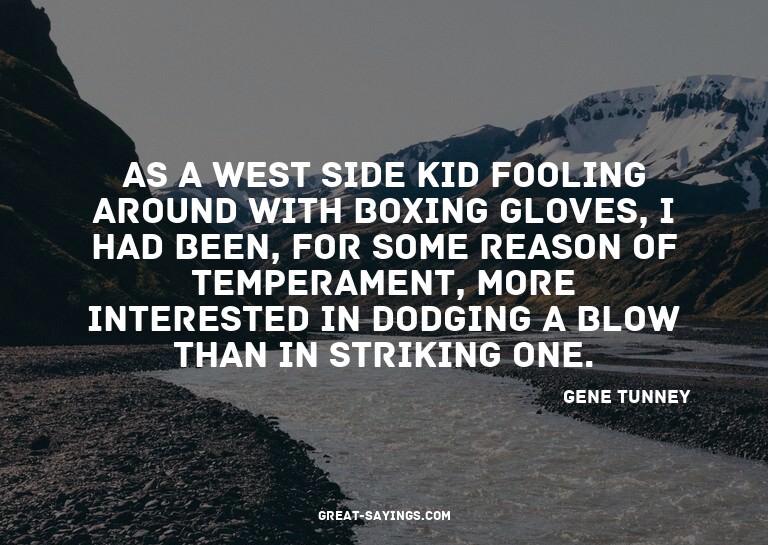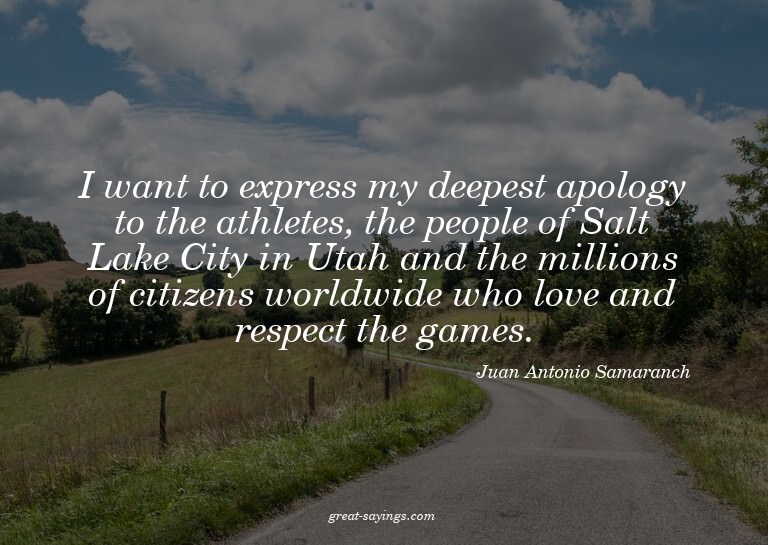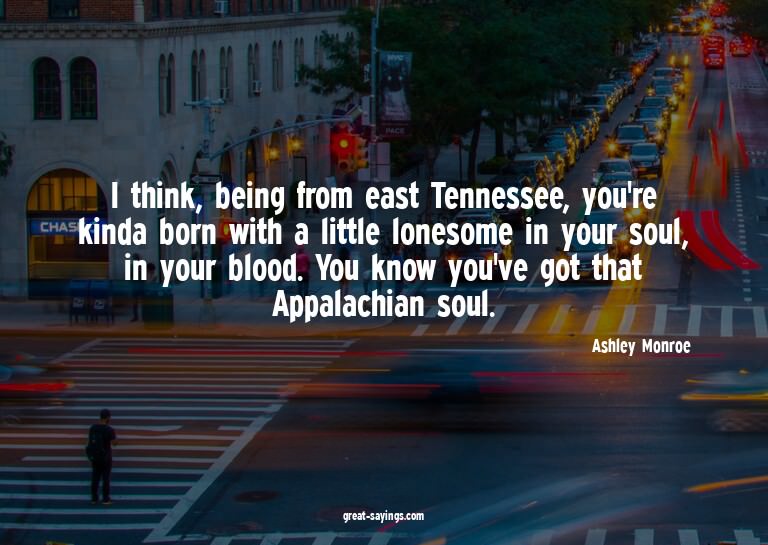Words matter. These are the best Mindfulness Quotes from famous people such as Essie Davis, Thich Nhat Hanh, Tim Ryan, Om Malik, Miranda Rae Mayo, and they’re great for sharing with your friends.
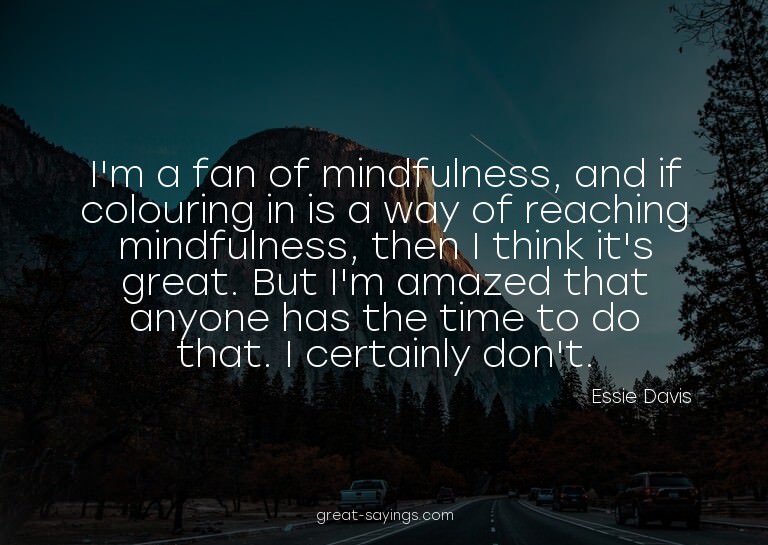
I’m a fan of mindfulness, and if colouring in is a way of reaching mindfulness, then I think it’s great. But I’m amazed that anyone has the time to do that. I certainly don’t.
Mindfulness practices enhance the connection between our body, our mind and everything else that is around us. Mindful living is the key to understanding our struggles with weight and to empowering us to control our weight.
Mindfulness helps you to be where you are when you’re there. When I’m interacting with constituents who are suffering, that matters.
Mindfulness is natural when you do not need to think about minor daily problems like making a living!
I really love yoga. I love the mindfulness of it, where not only are you exercising your body, but you’re also building that mind/body connection as far as being aware of every movement – what your body’s doing, how your body’s feeling.
Mindfulness can help people of any age. That’s because we become what we think.
I’m pretty much done with mindfulness. I’m just going to start paying attention.
Meditation isn’t snake oil. For some people, meditation might be the most efficient way to reduce stress and cultivate mindfulness. But it isn’t a panacea. If you don’t meditate, there’s no need to stress out about it.
Mindfulness is so powerful that the fact that it comes out of Buddhism is irrelevant.
I admire the fact that the central core of Buddhist teaching involves mindfulness and loving kindness and compassion.
The older you get, the more ‘mindfulness’ becomes about trying to remember why you came upstairs.
When I do martial arts, I feel like its inward facing. Like, I’m improving myself, I’m getting healthier. It’s almost like mindfulness for something.
Science and mindfulness complement each other in helping people to eat well and maintain their health and well-being.
When you look at the sun during your walking meditation, the mindfulness of the body helps you to see that the sun is in you; without the sun there is no life at all and suddenly you get in touch with the sun in a different way.
We need enlightenment, not just individually but collectively, to save the planet. We need to awaken ourselves. We need to practice mindfulness if we want to have a future, if we want to save ourselves and the planet.
It takes a little bit of mindfulness and a little bit of attention to others to be a good listener, which helps cultivate emotional nurturing and engagement.
As a Catholic, I find mindfulness helps me participate in my religion more wholeheartedly. If you are praying the rosary, participating in the rituals at Mass, or listening to the priest preach, you will actually be paying attention! Whatever your religion is, it can enhance the experience of participating in that religion.
The mindfulness revolution is not quite as dramatic as the moon shot or the civil rights movement, but I believe, in the long run, it can have just as great an impact.
One of the great things about children is that they have no other concern than to be simply interested in things. It is considered by some the height of mindfulness to approach the world afresh like a child.
Mindfulness means being aware of how you’re deploying your attention and making decisions about it, and not letting the tweet or the buzzing of your BlackBerry call your attention.
Buddhist mindfulness is about the present, but I also think it’s about being real. Being awake to everything. Feeling like nothing can hurt you if you can look it straight on.
I do some compassionate mindfulness every day. It’s like a Buddhist thing. I tell myself that I’m doing a good job, that kind of thing. It makes me feel better.
Mindfulness has helped me succeed in almost every dimension of my life. By stopping regularly to look inward and become aware of my mental state, I stay connected to the source of my actions and thoughts and can guide them with considerably more intention.
I’ve always been interested in mindfulness and alternative ways of seeing the world.
You practice mindfulness, on the one hand, to be calm and peaceful. On the other hand, as you practice mindfulness and live a life of peace, you inspire hope for a future of peace.
If every day you practice walking and sitting meditation and generate the energy of mindfulness and concentration and peace, you are a cell in the body of the new Buddha. This is not a dream but is possible today and tomorrow.
I’m a praying atheist. When I hear an ambulance siren, I ask for a blessing for those people in trouble, knowing that no one’s listening. I think it’s just a habit of mindfulness.
If you are doing mindfulness meditation, you are doing it with your ability to attend to the moment.
Every morning, I do 10 minutes of mindfulness, where I do meditation, and I use that in competition and everyday life.
When you have children, you realize how easy it is to not see them fully, and perhaps miss all those early years. If you are not careful, you can be too absorbed in work, and they will be only too happy to tell you about it later. Being a parent is one of greatest mindfulness practices of all.
Breathe in deeply to bring your mind home to your body. Then look at, or think of, the person triggering this emotion: With mindfulness, you can see that she is unhappy, that she is suffering. You can see her wrong perceptions. You can see that she is not beautiful when she says things that are unkind.
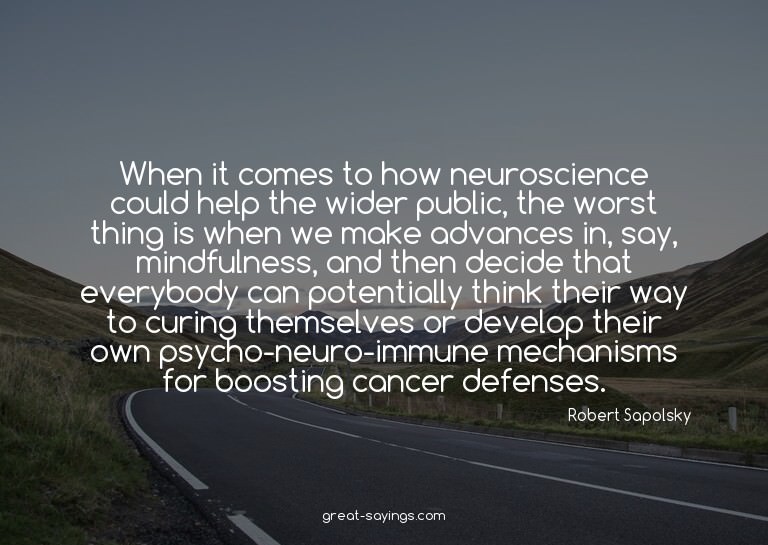
When it comes to how neuroscience could help the wider public, the worst thing is when we make advances in, say, mindfulness, and then decide that everybody can potentially think their way to curing themselves or develop their own psycho-neuro-immune mechanisms for boosting cancer defenses.
I think I approach pressure by having discipline and learning to be calm in everyday life. I do this with a daily mindfulness practice and commitment.
Mindfulness helps you go home to the present. And every time you go there and recognize a condition of happiness that you have, happiness comes.
The key to creating the mental space before responding is mindfulness. Mindfulness is a way of being present: paying attention to and accepting what is happening in our lives. It helps us to be aware of and step away from our automatic and habitual reactions to our everyday experiences.
In Britain, we ought to be in a position where doctors and therapists are able to prescribe mindfulness, acupuncture, osteopathy de rigueur, and it not only be available in certain fantastic surgeries in London and Brighton.
Central to our work and our goal of finding solutions to global problems is the concept of mindfulness, a technique for focusing attention objectively on the here and now.
I have really focused on mindfulness. That helps me make better choices both physically, psychologically, and emotionally.
Writing can be an incredible mindfulness practice.
With mindfulness, you can establish yourself in the present in order to touch the wonders of life that are available in that moment.
Self-compassion encourages mindfulness, or noticing your feelings without judgment; self-kindness, or talking to yourself in a soothing way; and common humanity, or thinking about how others might be suffering similarly.
Mindfulness helps us freeze the frame so that we can become aware of our sensations and experiences as they are, without the distorting coloration of socially conditioned responses or habitual reactions.
Mindfulness is about love and loving life. When you cultivate this love, it gives you clarity and compassion for life, and your actions happen in accordance with that.
Mindfulness is a quality that’s always there. It’s an illusion that there’s a meditation and post-meditation period, which I always find amusing, because you’re either mindful or you’re not.

